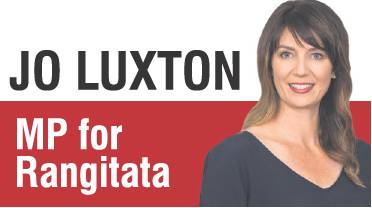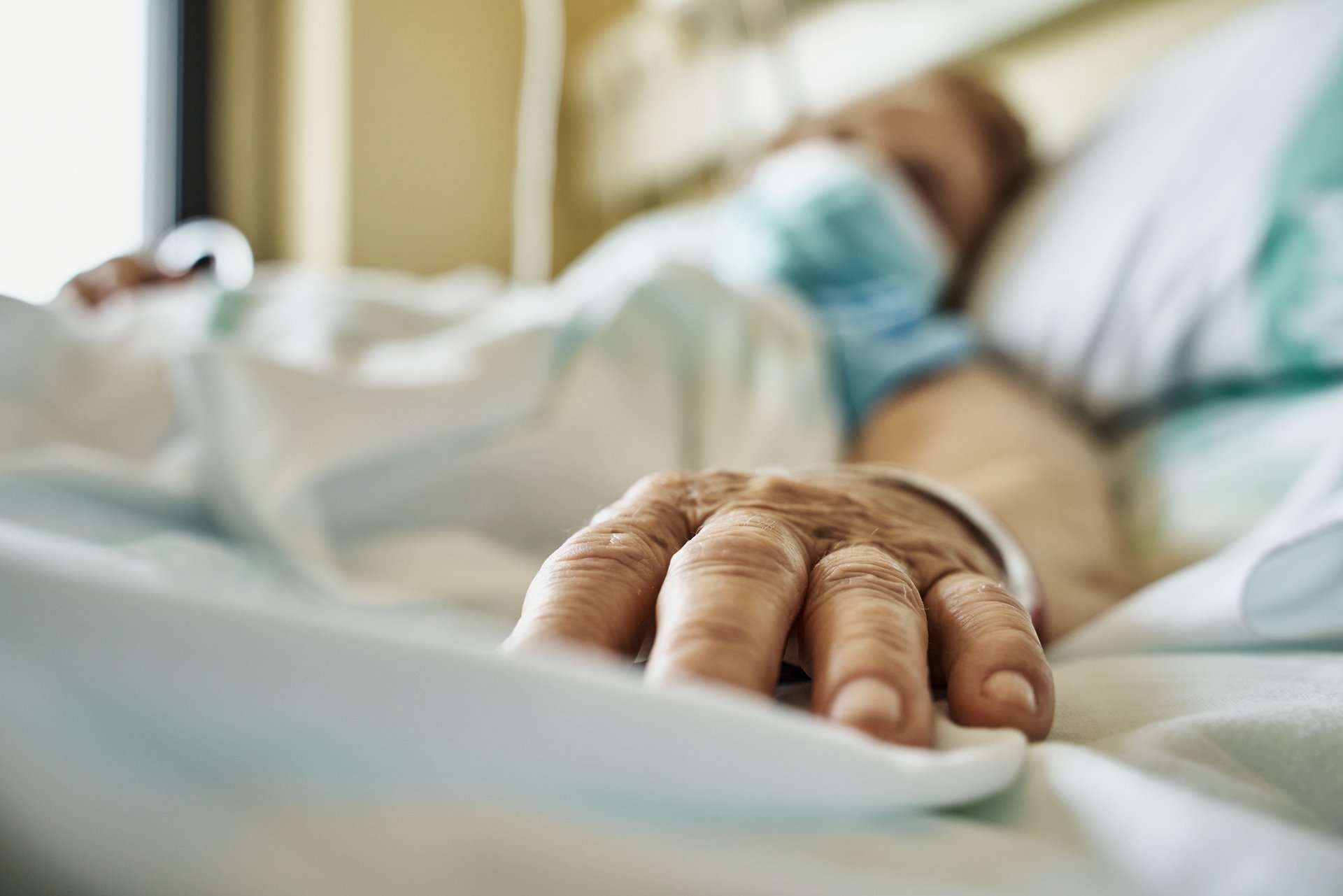
As I write this it’s snowing throughout the electorate, especially in our rural areas around Ashburton.
It’s also been a week of tough weather with rain and cold temperatures — take care out there and keep warm.
This winter, as we face the worst flu season in living memory, and with the Covid-19 pandemic putting pressure on health systems right across the world, we know we need to do more to ensure New Zealanders have a health system that works for everyone, no matter who you are or where you live.
As a Government, we’re working hard to make this a reality — and we’re taking the next steps in our plan by boosting the health workforce.
Since taking office in 2017, we’ve made building our health workforce a priority.
There are now thousands more doctors and nurses working for Health New Zealand than when we came into Government.
We are training more nurses than ever, and we’ve changed immigration rules to make New Zealand one of the easiest places in the world for health workers to come to.
We’ve just announced a number of initiatives taking advantage of this that will boost the health workforce and ease pressure on the health system.
For example, we’re making it easier and cheaper for international health workers to get professional qualifications recognised in New Zealand, so they can get to work sooner. We’re providing up to $10,000 to support overseas nurses with registration costs, and covering international doctors’ salaries during induction courses and training internships.
We’re also focused on our homegrown workforce.
To attract more skilled workers back to health, New Zealand nurses who are no longer practising but want to return to the profession can get financial support to re›register.
We’re providing up to $5000 through the Return to Nursing Support Fund to help them through the process and back to work.
We’re also training more doctors, nurses and radiographers, and encouraging Covid›19 workers like vaccination support workers and contact tracers to consider moving into a health career.
Initiatives like these just weren’t possible under the old bureaucratic structure which had 20 different DHBs all doing their own thing.
There isn’t a quick fix, but together, these measures will ensure we have more nurses, doctors and midwives here in Rangitata to look after us and our families when we need it the most.





